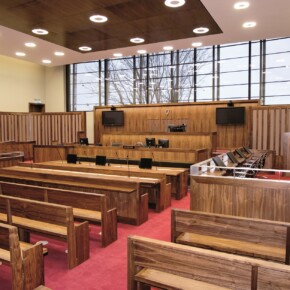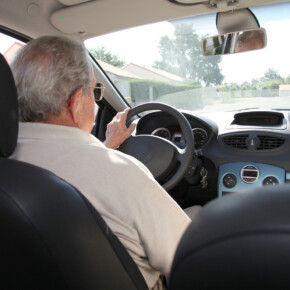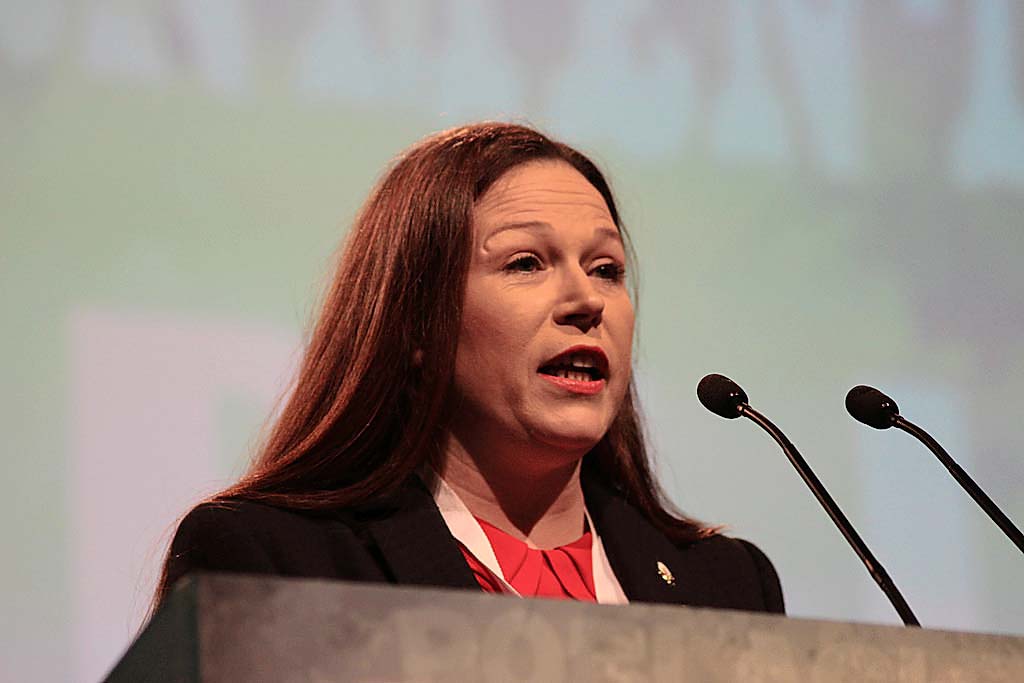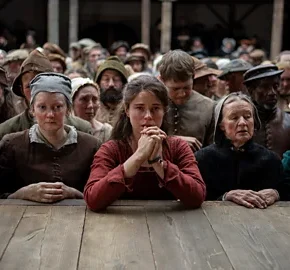Sutton students enjoy Malawi trip
Dublin People 05 Mar 2018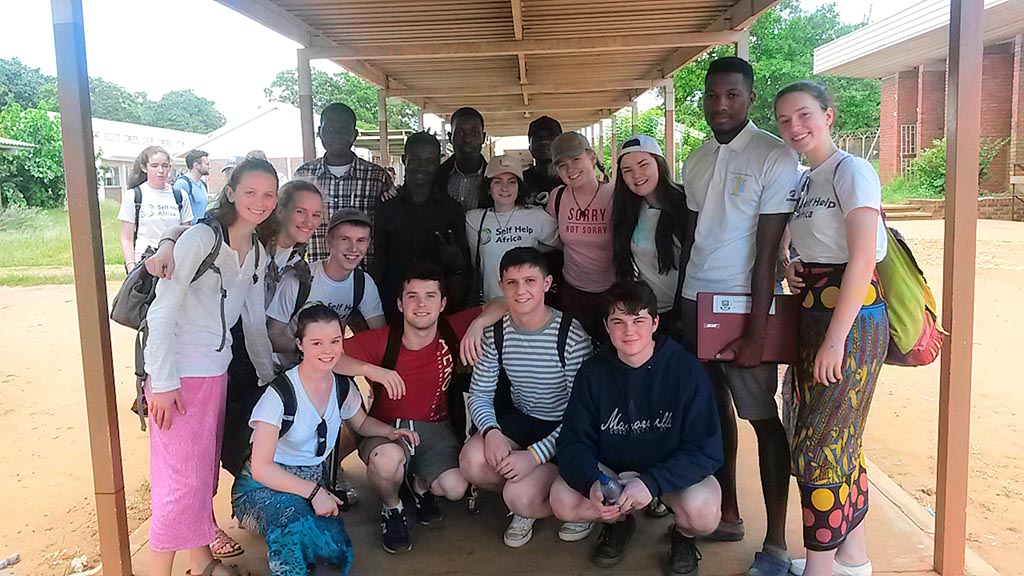
FOUR teenagers from a North Dublin school got up close to some of the biggest challenges affecting people in rural Africa, during a study visit to Malawi recently.
The students, from Sutton Park Secondary School, travelled with their teacher as part of a 20-strong group from across Ireland who took part in the one-week visit organised by Irish development charity Gorta-Self Help Africa.
David Conway, Rachel Banks, Celina Christensen, Anna Cluff and teacher Peter Weldon travelled to Lilongwe, the capital city of Malawi, and on to the Balaka district in the southern part of the sub-Saharan country.
During their trip, organised by the Development Education unit at Gorta-Self Help Africa, the group visited a local secondary school, a university, and met with farming communities, horticultural groups, women groups and villagers who are being supported by the charity to develop village-based savings and loans groups.
Dorothy Jacob, coordinator of Gorta-Self Help Africa’s schools programme, said: “The aim of the trip is to give the students and teachers a chance to see Africa at first hand, and learn more about the challenges that people face in their daily lives – whether it relates to gender equality, climate, trade or the issues around farming and sustainable food production.
“It’s about both deepening understandings and challenging preconceptions.”
The trip is arranged annually for schools that take part in Gorta-Self Help Africa’s programme of school workshops, and also carry out local fundraising activities that both support the costs of the trip and contribute to the work of the charity.
During the visit the Sutton Park students, who were encouraged to find out more about a selected topic during their journey, undertook their own research into various subjects from gender equality to climate change and food production.
Anna Cluff said it was interesting to learn that in Malawi women traditionally inherit the land.
“It is also the women who do most of the physical work on farms but still, men control the income,” she said.
“There is definitely a rising awareness about gender equality though. When we visited the school, it was great to see that young women are being empowered.”
Through exchanges with farming communities, David Conway found that rural parts of Malawi are being hit hard by climate change, with the country experiencing periods of droughts but also heavy rains, causing floods.
“Although western countries are most responsible for climate change, they’re not feeling the impacts. Malawi and other sub-Saharan African countries are taking the brunt of climate change, although as agricultural countries they’re not responsible for it,” he said.
Celina Christensen added: “In Malawi a large proportion of the population relies on farming. Farmers are very vulnerable to crisis and if something goes wrong, they have nothing else to turn to.”
The trip of a- lifetime was an occasion for the group to discover the culture of the country known as the warm heart of Africa.
“There is a much stronger sense of community in Malawi than in Ireland. People have been incredibly welcoming and friendly along the way,” said Rachel Banks.
The Sutton group, supported by their families, friends and schoolmates, reached out to their local communities and organised fundraising events including table quizzes, coffee mornings, concerts and more, to fund their trip.
Each year, students of Irish secondary schools that have been involved in Development Education workshops and activities can apply to take part in the study visit, with the participants from each school chosen in a selection process that includes an essay and an interview.
“Our hope is that once the students and teachers come back home, they will share their learning and become engaged and active citizens in their communities, and take the experiences that they have with them into their lives in the years to come,” added Ms Jacob.



